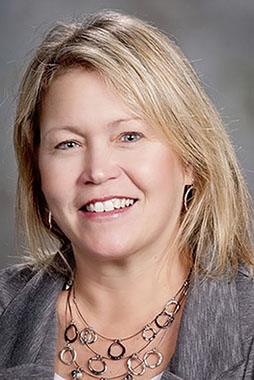VT PEERS Project

National Science Foundation Innovative Technology Experiences for Students and Teachers (NSF ITEST)
The NSF ITEST funded VT PEERS project focuses on developing pathways for careers in engineering through applied research projects. Our project will build in-class activities with science teachers and industry partners that teach engineering and science concepts in ways that highlight industry connections and job possibilities for children and teachers.
Research Goals and Activities:
As part of the three-year program, Virginia Tech researchers will be observing classroom activities, surveying students, and examining student’s creations from the hands-on activities. We will also be interviewing teachers, industry partners and the VT staff involved in developing and leading the hands-on activities. The purpose of this research is to determine the impact of these activities in student and teacher understanding of engineering concepts and career opportunities for their future.
Project Overview:
The National Science Foundation (NSF) ITEST program is focused on developing a more diverse and well-prepared STEM workforce through research and development projects. Specifically, ITEST projects research the design, development, and implementation of innovative efforts to expand awareness of, motivation for, and knowledge about STEM careers.
We are excited that NSF has affirmed the importance of investing in the diverse talents of rural and Appalachian youth by funding this project. Specifically, our three-year project seeks to engage school educators and industry partners on the collaborative design, implementation, and study of engineering-focused activities with middle school youth in Bedford Country, Smyth Country, and Giles County.
Middle school teachers within the three school districts are at the heart of this collaboration. We envision working with two-four (2-4) 6th grade teachers from each county in the first year with scaffolding to additionally include grades 7th and possibly 8th in years 2 and 3 of the project. Participating teachers will receive a modest stipend (paid in the summer) for their time in collaboratively adapting engineering activities with us to integrate within the specific curriculum priorities of their classes. The team (i.e., teacher, volunteering engineer from industry partner, and VT faculty/students) will facilitate activities with the youth at least once per month during the academic year. We will provide all the necessary materials and tools to support these engineering activities so that this project is at no cost to the school, teachers, or the participating youth. Curriculum developed during this process will be freely and openly shared.
Portions of the curriculum we will adapt is from iFixit which cultivates an open-source collaborative community focused on repair through crowdsourced repair guides for everyday devices (e.g., cell phones, tablets). Their K-12 curricular resources (http://k12.ifixit.com/c/Activities) focus on developing individual capacity to troubleshoot/fix while also exploring the social, cultural, and environmental aspects of engineering design. Because the focus is not on a technical skill in isolation but also how it intersects with technical writing skills (e.g., writing repair guides) and societal impacts of technology, we are confident we could work with teachers from diverse backgrounds to meaningfully integrate hands-on engineering activities into their classrooms to help them meet learning outcomes they identify as important for their students.
Because this is an NSF-funded research project, any research activities associated with the project will be approved by Virginia Tech’s Institutional Review Board. We understand your school system may also have requirements and we are ready to work with appropriate contacts to navigate any procedures or approvals needed to enable this work.
Concept Pitches for Possible Activity Guides
These guides are examples of the type of material we will present to participating teachers to start the collaborative process of designing activities to implement in their classroom. Hands-on activities like these can provide motivation for the importance and relevance of the content as an introduction to a new unit or a capstone activity to demonstrate the real-world applications of the unit students have been studying. It will be necessary to work closely with teachers to make activities like these fit their particular students and curriculum pacing. Essentially, these are concept pitches—examples of preliminary ideas—to solicit feedback from teachers and industry partners to shape more refined facilitator guides for the activities. The guiding state standards of learning, methods of assessment, and differentiation for each particular set of learners are examples of aspects that would need to be workshopped with school educators. For now, these concept pitches all focus on possible integrations with the state science standards though we anticipate we could similarly integrate hands-on engineering activities into different content areas with the help of interested teachers.
Sample Curriculum Guides
These guides are examples of the type of material we will present to participating teachers to start the collaborative process of designing activities to implement in their classroom. Hands-on activities like these can provide motivation for the importance and relevance of the content as an introduction to a new unit or a capstone activity to demonstrate the real-world applications of the unit students have been studying. It will be necessary to work closely with teachers to make activities like these fit their particular students and curriculum pacing. Essentially, these are concept pitches—examples of preliminary ideas—to solicit feedback from teachers and industry partners to shape more refined facilitator guides for the activities. The guiding state standards of learning, methods of assessment, and differentiation for each particular set of learners are examples of aspects that would need to be workshopped with school educators. For now, these concept pitches all focus on possible integrations with the state science standards though we anticipate we could similarly integrate hands-on engineering activities into different content areas with the help of interested teachers.
Research Team:
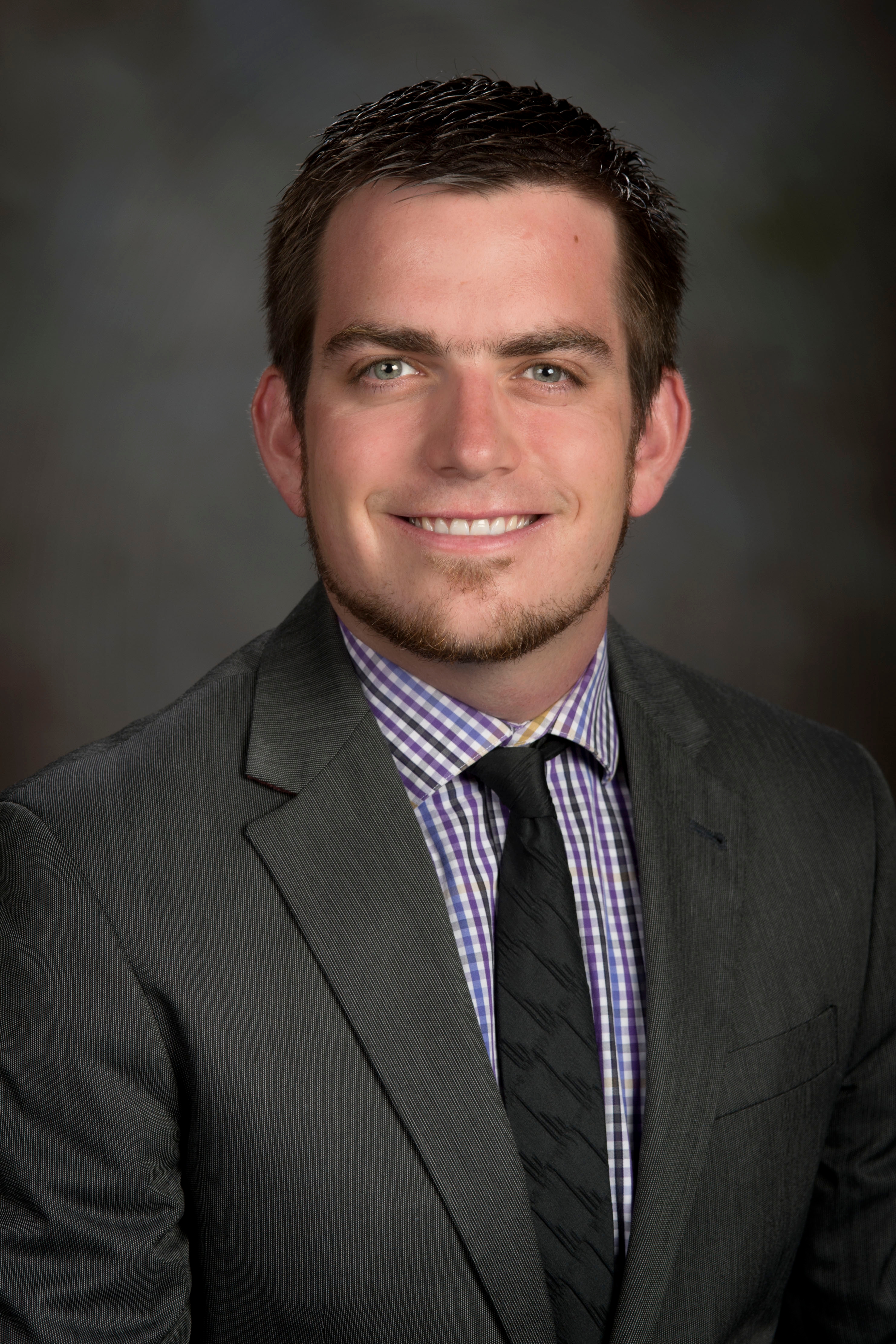
Dr. Jacob Grohs (PI and project Lead) is an Assistant Professor in the Department of Engineering Education and an affiliate faculty member to both Learning Science and Technologies and Biomedical Engineering and Mechanics. Grohs currently serves as PI of two and co-PI of two NSF-funded education focused grants which involve partnering with different stakeholder groups on continuous improvement or collaborative change (e.g., K12 teachers and administrators, university engineering faculty). His primary research interests focus on systems thinking, including how individuals reason through complex ill-structured problems, how educational environments develop systems thinking skills, and how collaborative groups might apply systems thinking to enact positive change.
In his personal life, Jake is a committed partner and proud father to family Courtney, Jude, Crosby, and Béla.
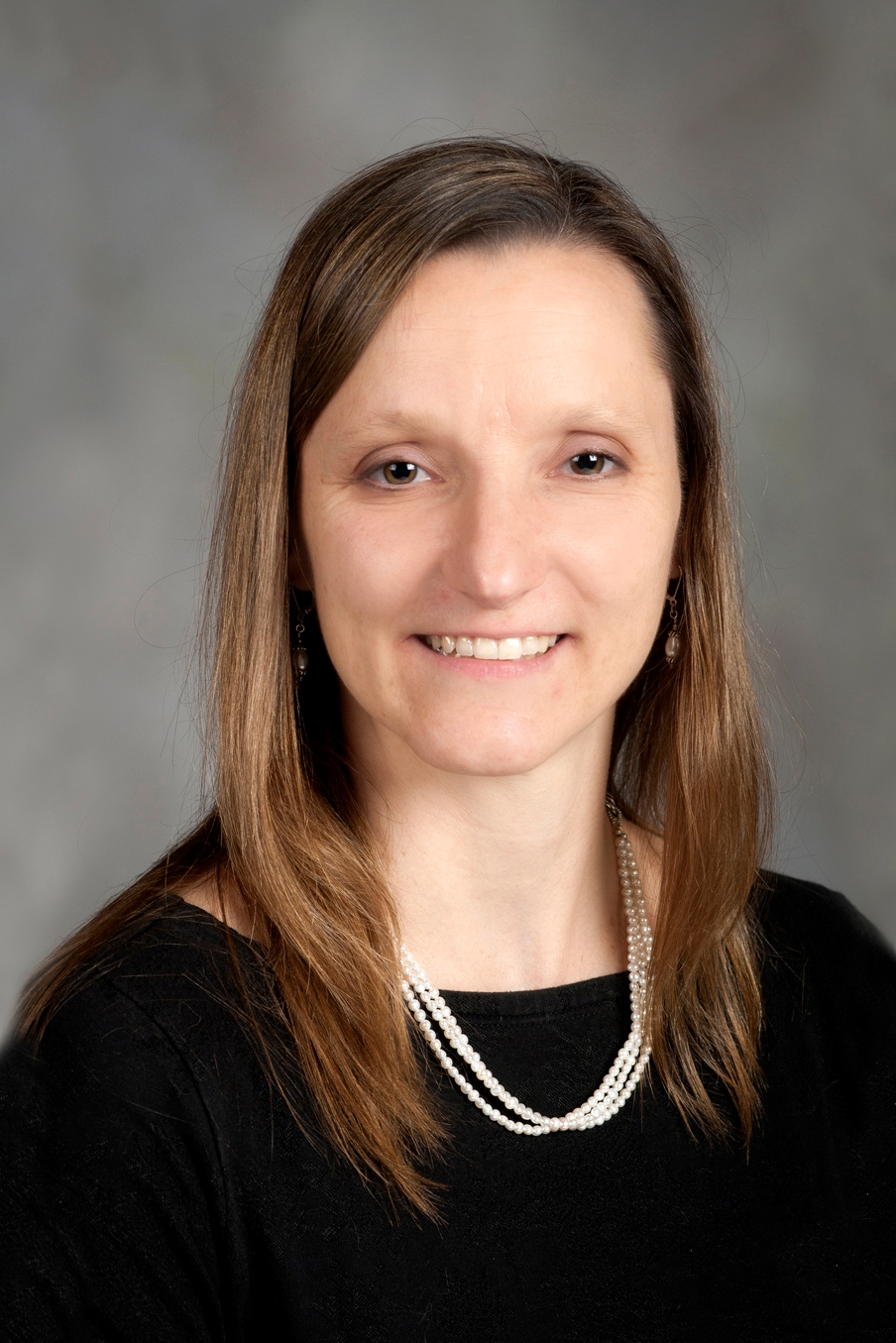
Dr. Holly Matusovich (Co-PI) is an Associate Professor in Engineering Education. She has a doctorate in engineering education and her strengths include qualitative and mixed methods research study design. She is/was PI/Co-PI on 9 funded research projects including the NSF CAREER Award. She has won several Virginia Tech awards including a Dean’s Award for Outstanding New Faculty and a Faculty Fellow Award. Her research expertise includes using motivation and related frameworks to study student engagement in learning, recruitment and retention in engineering programs and careers, faculty teaching practices, and intersections of motivation and learning strategies. Matusovich has authored two book chapters, 12 journal manuscripts, and more than 50 conference papers.
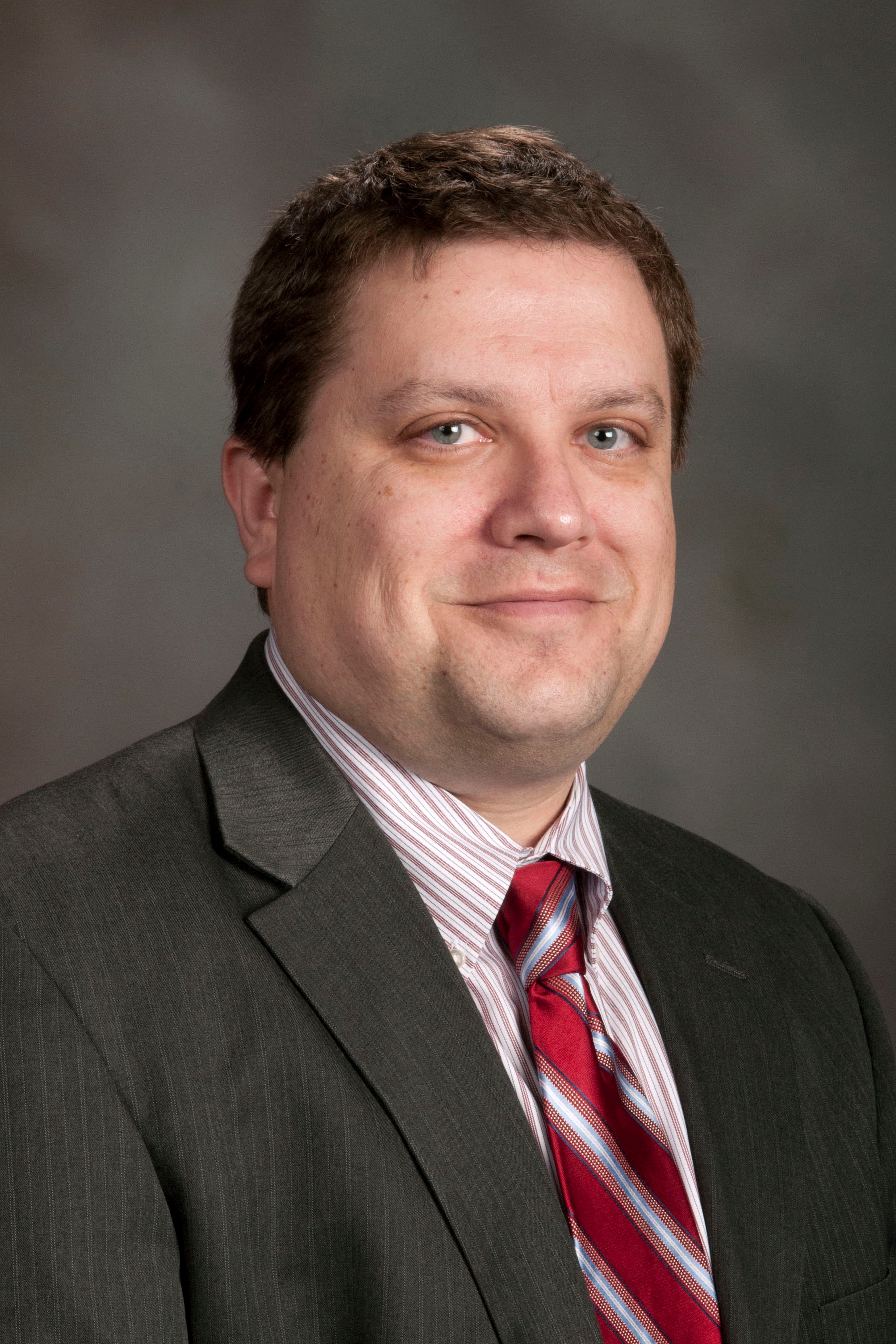
Dr. Gary Kirk (Co-PI) is Director of Pathways Programs for Virginia Tech’s School for Public & International Affairs and Faculty Director of Community Engagement for VT Engage. He has a doctorate in environmental design and planning and a M.A. in public and international affairs; his interests include civic engagement, community problem-solving, and collective impact. He served as Assistant Professor and Director of Programs in public policy and administration at James Madison University, where he was winner of the Provost’s Award for Excellence in Outreach and Engagement. His research focuses on civic infrastructure and community systems, and he was the PI and project lead on a U.S. Department of Justice-funded, multi-year, community-based research program to study the effects of mentor training programs on outcomes for at-risk youth in partnership with Big Brothers Big Sisters of America. He has also been the PI/Co-PI on several program implementation awards, including a 9/11 National Day of Service grant from the Corporation for National & Community Service (CNCS) and two national service programs housed at Virginia Tech, VISTA (CNCS) and AmeriCorps (Virginia Department of Social Services).
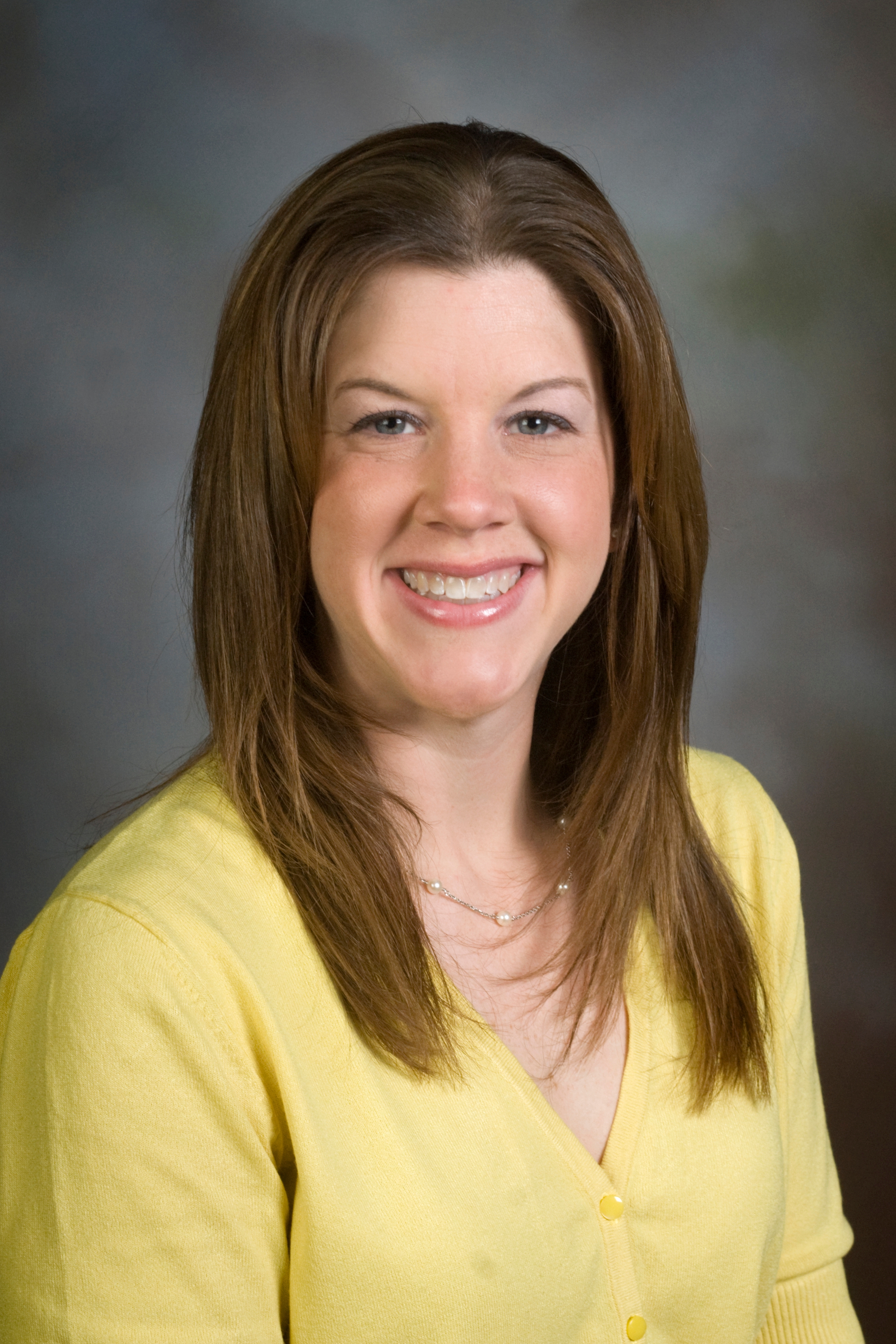
Dr. Liesl Baum (Co-PI) is the Director of the Center for Research in SEAD Education at Virginia Tech, focused on improving the quality of research and practice at Virginia Tech by providing evidence-based best practices through the evaluation of PK12 educational initiatives aimed at the merger of STEM, the arts, and design (SEAD). She is also a Senior Fellow and Research Assistant Professor at the Institute for Creativity, Arts, and Technology (ICAT). Liesl is a former middle school teacher and spent seven years teaching in Virginia public schools. Her research and work interests remain in public education and preparing teachers to design learning opportunities that encourage students to take risks, inquire across multiple disciplines, and participate in real-world challenges. Liesl received her doctorate in instructional design and technology from the School of Education at Virginia Tech in 2008. She also received her B.S. in Middle Education and M.S. in Educational Technology, both from Radford University.
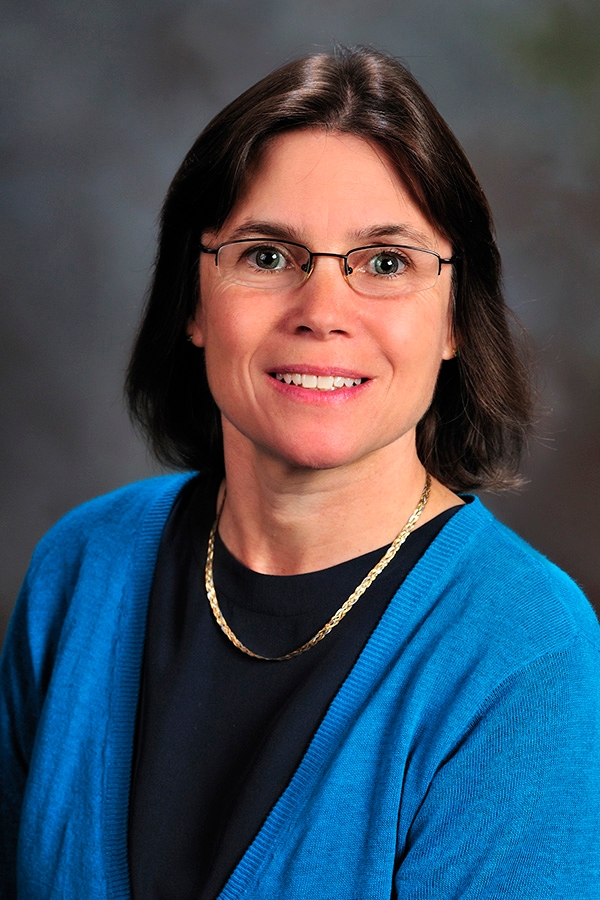
Dr. Cheryl Carrico is a research scientist in the Department of Engineering Education at Virginia Tech. Her current research relates to STEM career pathways, conceptual understanding of engineering principles, and student motivations to learn engineering. Dr. Carrico’s focus includes understanding these research areas from the perspective of underrepresented youth. Outreach activities include, but are not limited to, founding a multi-county annual sixth-grade girls STEM workshop, judge advisor for an annual regional First Lego League tournament and regional First Robotics Championship. In 2015 Dr. Carrico was appointed by the Governor of Virginia to the Board of Trustees for the Southwest Virginia Higher Education Center in Abingdon, VA. Dr. Carrico received her B.S. in chemical engineering from Virginia Tech, M.Eng. from North Carolina State University, MBA from King University, and PhD in Engineering Education from Virginia Tech and is a licensed professional engineer.
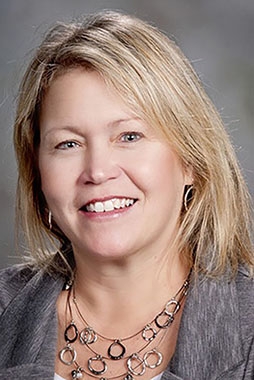
Holly Lesko is the Program Director/School Liaison for this project. She holds an MA in Urban Affairs and Planning from Virginia Tech and has worked in the community development arena throughout her career. Her work has focused on policy needs in community at the local level by partnering to secure state and federal resources to support solutions in her home community in central Appalachia. She was PI on a Robert Wood Johnson Foundation program offering leadership and technical training with area youth to address health concerns in their community. She is author of a book chapter, two peer reviewed journal articles and multiple conference presentations and proceedings. Her work history includes workforce development, organizational development and evaluation, as well as K-12, college and adult learner instruction. Ms. Lesko has worked with communities and organizations in the New River Valley region and across the Commonwealth for the past 27 years focusing on creating spaces and processes to enhance new ways of viewing and approaching issues and opportunities through collaborative problem solving techniques and processes.
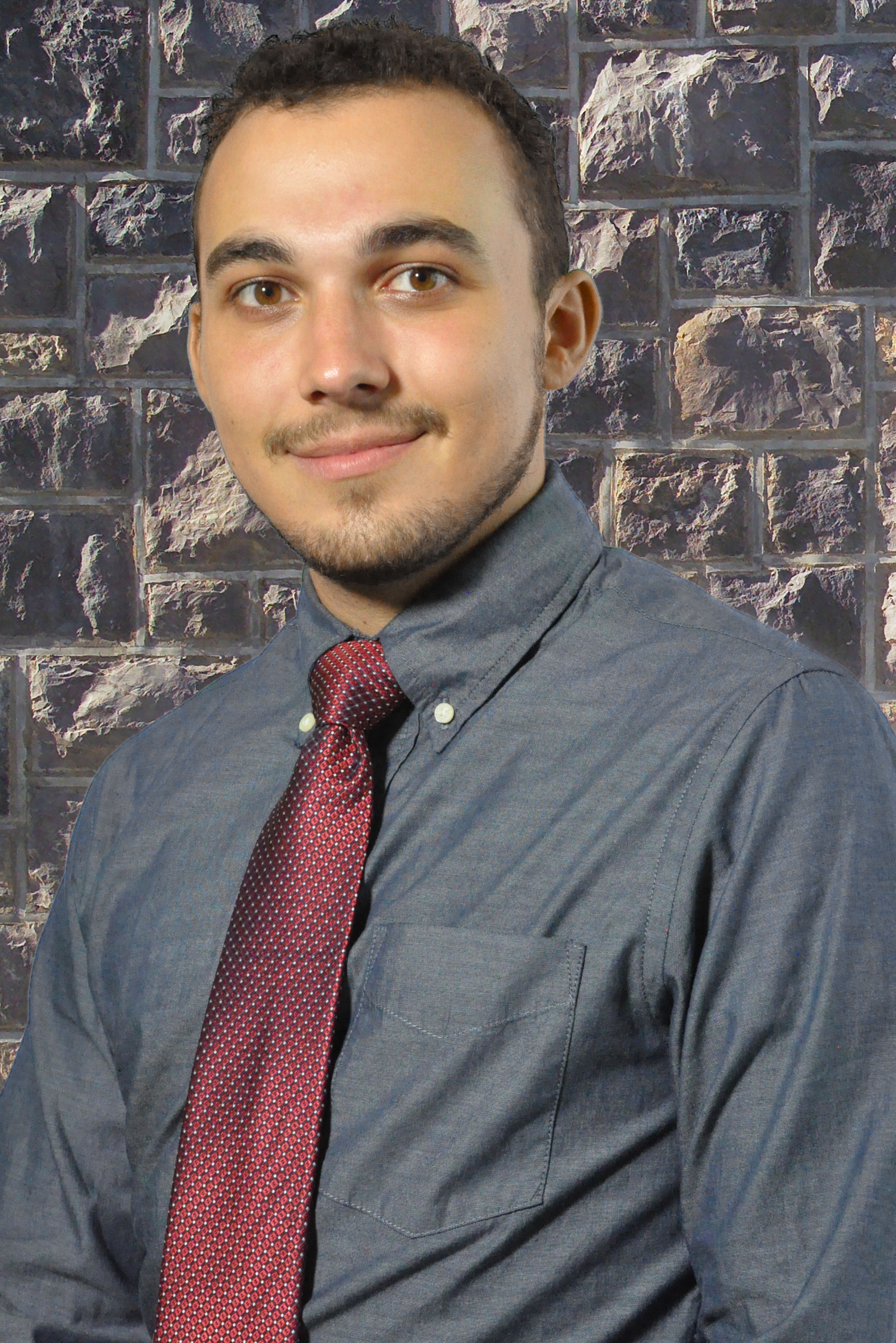
Andrew Gillen is a doctoral student and graduate research assistant in the Department of Engineering Education at Virginia Tech. Andrew received his B.S. in civil engineering with an environmental engineering concentration from Northeastern University. During an internship at the Talcott Mountain Science Center and Academy, he designed the curriculum for and implemented a course in 3D modeling for middle school students and facilitated STEM outreach activities. His research interests are developing but remain rooted in K12 engineering education and outreach with teachers and students.
Contact Information
Industry Sponsors

This project is supported by the National Science Foundation (NSF) under Grant No. DRL-1657263









